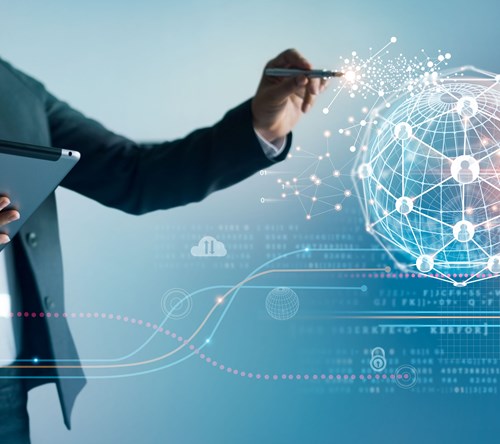In retrospect, 2018 was a watershed year for digital transformation in the service delivery industry. It was a particularly great year if you were working in the RPA industry with leaders such as UiPath and Automation Anywhere seeing skyrocketing valuations, BPOs such as Sykes buying RPA consulting pure plays such as Symphony Ventures, and Teleperformance making a strategic bet on Intelenet to march ahead in the digital technology driven industry white spaces. No wonder then that even more exciting industry trends should unfold in 2019.
More RPA action, More AI hype
If 2018 was the year when RPA started coming out of its hype bubble, 2019 should be the year of mass adoption. Front runners in RPA adoption will be screaming from the rooftops about tens of thousands of bots working alongside their human employees and by the end of the year even the laggards would have piloted some degree of automation within their enterprises. AI on the other hand will continue to unravel as more and more possible applications come to market; viz, more sophisticated chat bots capable of dealing with unstructured questions through the use of NLP, email bots capable of tagging themes and auto-responding or allocating complex, multi-topic emails to human agents, advanced ICR capable of recognizing handwriting with greater degree of accuracy, and innumerable use cases of vertical AI automating complex, judgment-based processes.
Blurring lines in analytics to AI spectrum
Python has clearly emerged as the programming language of choice for AI with several in-built libraries for Machine Learning such as Tensorflow. The wide application of Python from developing predictive analytical models to training AI algorithms to be more accurate blurs the lines between big data analytics and the vast and emerging AI landscape. The growing popularity of Python ensures that developers and data analysts speak the same language and that there is a greater degree of re-usability and collaboration. Any advancements in 2019 in the Python front-end, for instance, an Excel or Power BI-like UI, will empower business users with greater ease of access to ML libraries, thereby truly democratizing AI.
Greater emphasis on governance and change management
Governance is an emerging area of interest as digital and human labor start to work together towards common objectives and platforms that allow you to orchestrate tasks, track progress, and measure service levels across both bot and human employees are likely to gain traction in 2019 as RPA expands in scale. Finally, the success of service delivery transformation initiatives in enterprises comes down to successful change management. Most failed pilots in 2018 would point to ineffective implementation of change rather than inadequacies of digital platforms. True transformation can only be achieved if the impact of the change is understood and embraced by the whole organisation. Teams and individuals that are flexible to adapt to digital ways of working, look to re-skill themselves and leverage digital platforms wholeheartedly to improve their productivity and effectiveness at work, will be on the road to success in 2019.
If you are yet to board the digital wagon, get in touch with us for customized Digital Transformation & Omnichannel CX solutions.
You can also connect with us online:
Article authored by: Sidharth Mukherjee @sidmuk



